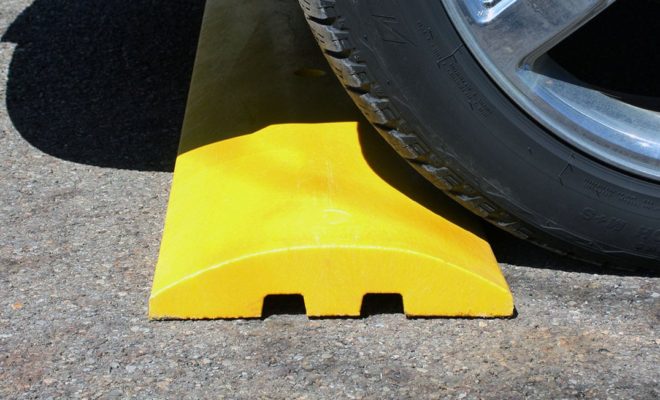HOW TO AVOID MORTAGE SCAM

Ethical violations and criminal activity in various industries have impacted the economy over the past decades, especially in banking, finance and housing. When it comes to financial crime, mortgages present ample opportunity for bad actors to steal, cheat, and overspend. Explore the complex ethical and criminal issues surrounding mortgage fraud. Common personal mortgage scams include identity theft and income/property falsification, but industry experts can use valuation fraud and airline loans to trick the system. Predatory loans, foreclosures, and mortgage foreclosure fraud all contributed to the 2007 Great Recession.
Mortgage fraud continues to be a problem in America. According to Core Logic data for September 2018, 1 in 109 mortgage applications has evidence of fraud.
MORTGAGE SCAM
Make sure you understand everything you are signing. Don’t sign anything you don’t like. If you have any questions, be sure to consult a lawyer. Also, be careful with documents that contain spaces. This can make you a victim of fraud. Review all loan documents to ensure all information, including your name, is accurate and truthful. Check your ownership history to find out how many times the property has been sold and resold. The value of the property may have been erroneously inflated, indicating that the property was illegally flipped. Mortgage recovery is possible by handling the fraudulent assets and take over the property.
MORTAGE FRAUD
According to the Federal Bureau of Investigation (FBI), it is defined as “material misrepresentation, misrepresentation, or omission of property or potential mortgages on which the insurer or lender relies to finance, purchase, or secure the loan is either. This working definition shows that both individual borrowers and industry professionals can commit mortgage fraud. Moreover, the amount of money is high. Home or mortgage fraud can be perpetrated by individuals seeking to make a property their primary residence.
REPORTING MORTAGE FRAUD
If you suspect you have been a victim of mortgage fraud, there are several ways to report the crime. Contacting his FBI field office in your area is the best place to start, but you can also contact the Attorney General’s Consumer Hotline for reporting and assistance. You can also contact the Federal Trade Commission (FTC) to report the incident. The Federal Trade Commission (FTC) does not investigate individual mortgage fraud cases, but the cases he shares with the FTC help identify systemic patterns .
PREVENTION OF MORTAGE SCAM
When taking out a mortgage, it’s best to be honest with your application. All mortgage lenders want to help people move into affordable housing. Mortgages, on the other hand, are large financial transactions involving multiple people. There are villains out there that you might want to take advantage of. However, there are some things you can do to avoid becoming a victim of mortgage fraud.
Be sure to get referrals to real estate and mortgage professionals from trusted friends and family. Find out what other homes in the area are for sale by comparing them to what you’re viewing, and check tax returns to see what your property is really worth. Romance scam recovery is only possible by means of tracing the account details.
MORTAGE FRAUD AVOIDING TOOL
For mortgage lenders, efforts to prevent mortgage fraud are often complemented by software aimed at fraud detection and risk mitigation. Continuous monitoring and evaluation is required to avoid receiving applications from fraudulent borrowers, and automating part of this process would be of great benefit to many lenders. For individual consumers who fear being taken advantage of by predatory or fraudulent lenders, knowledge is the best tool you can arm yourself with. If the terms of a loan don’t seem real, don’t hesitate to ask.
CONCLUSION
One of the most important things you can do is be aware of recent scams and recognize the warning signs. The Federal Trade Commission is a great resource for learning safety tips, filing complaints, and reporting fraud. You can rest assured that we have security measures and fraud prevention tools in place to protect your personal information from unauthorized access and use. Nor will we send you a postcard or email with your mortgage details. One of the most important things you can do is be willing and aware to identify fraud attempts.













